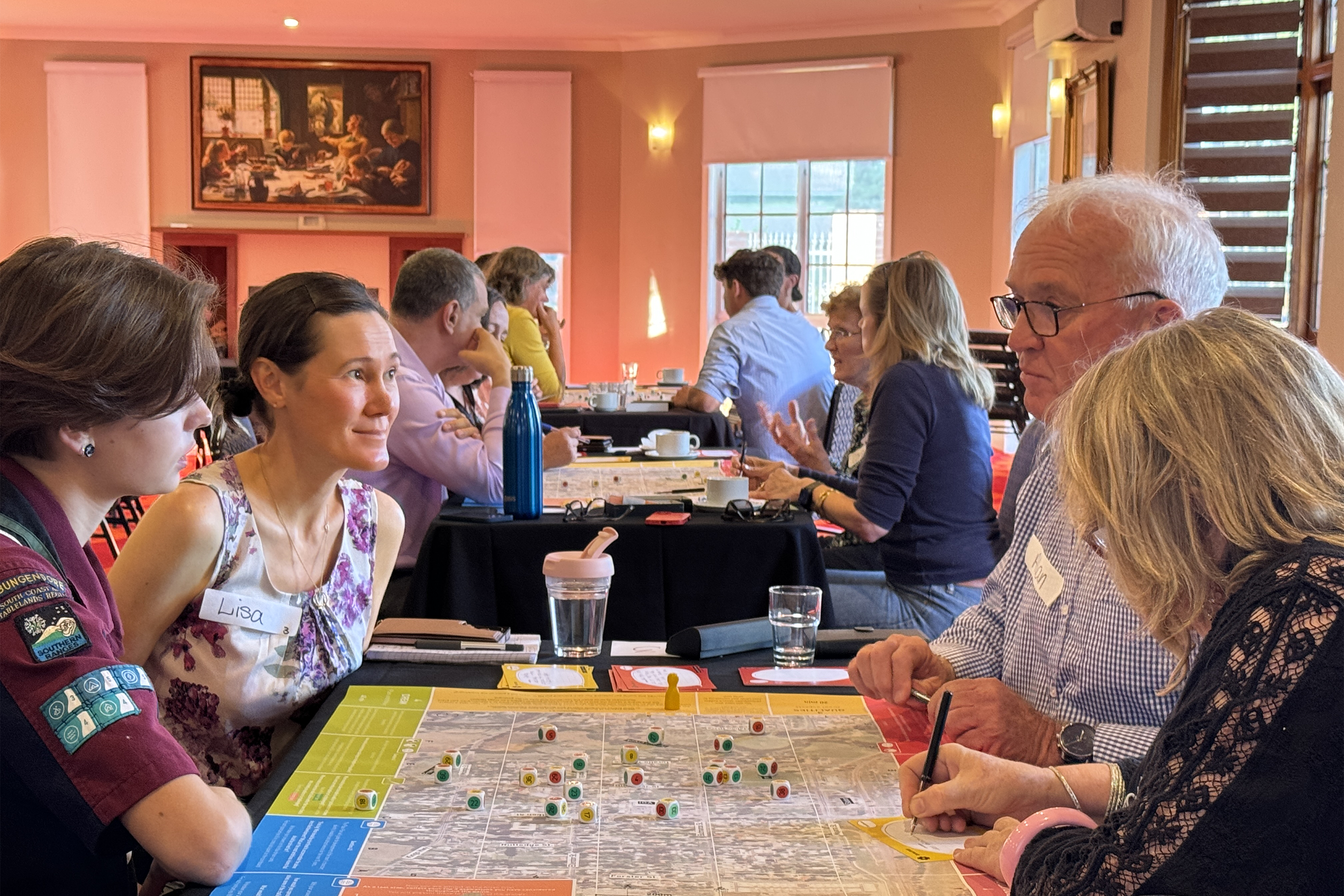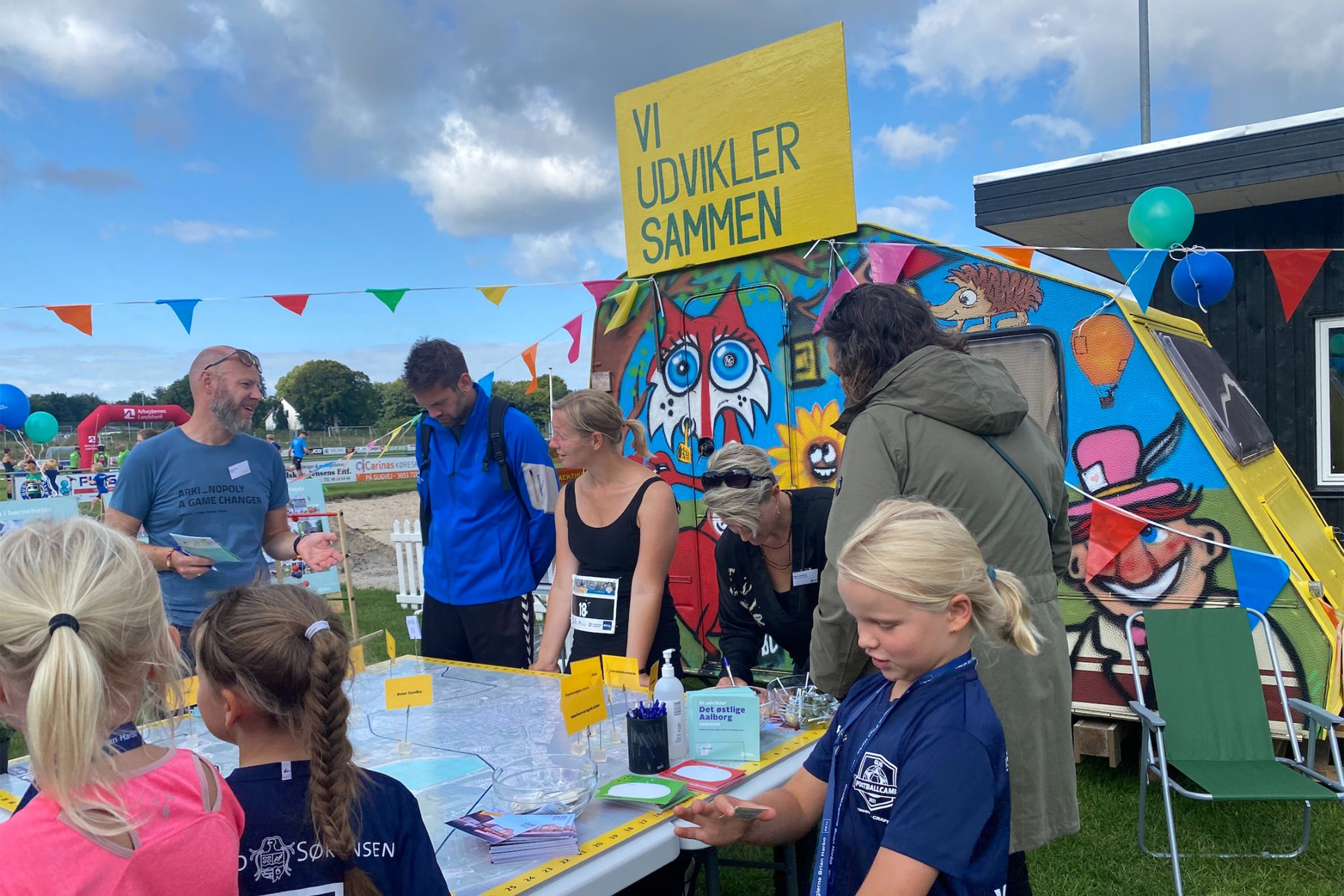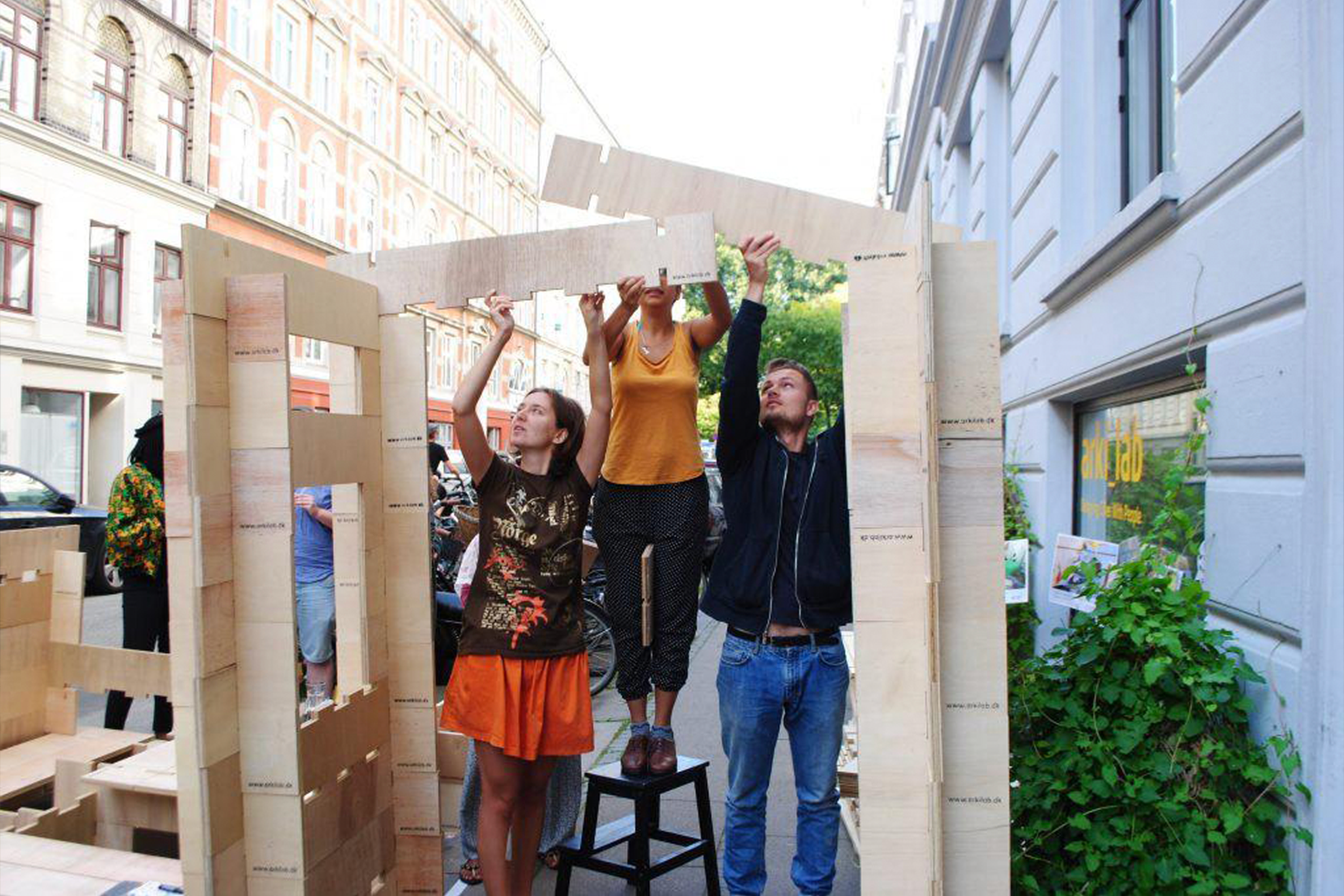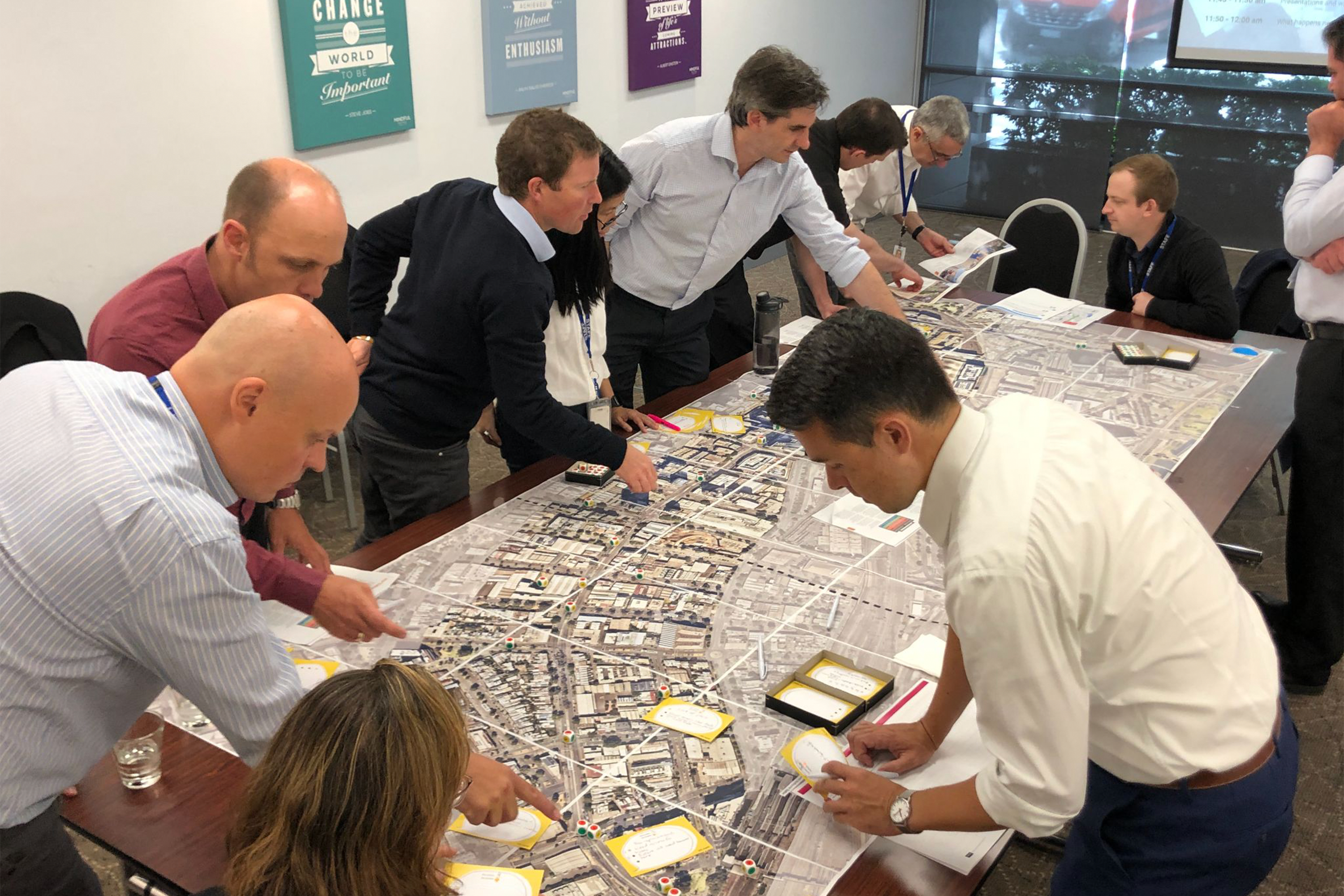
about us
Why are designers so removed from the people they’re designing for? And why do we think architects alone can solve the current challenges of our cities?
This was Jeanette and Rasmus’ fundamental criticism of their profession, which led them to seek ways of changing the traditional approach to urban development. Wanting to ignite a new movement in design process, they founded arki_lab, an urban consultancy that rests on three pillars: co-creation, democratic design and a cross-disciplinary team
We identify as facilitators of collaborative processes, whether in the development of strategies, analysis or physical design. Our particular focus on translating ideas into final designs helps ensure that the citizens’ voices appear throughout the process.
Read more below about what we do, how we do it and what we offer!
What makes arki_lab's process different from other design processes?
We want to change the widespread approach to design, where linear top-down processes unfortunately still dominate. In short, we believe in “designing cities with people” instead of “designing cities for people”.
In all our projects, we customise the design process to ensure that they are anchored within their physical and social context. Our flexible processes bring in citizens and stakeholders in every phase, from in-depth analysis, dream, idea generation and final design. We always work with interdisciplinary methods, combining the expertise of our staff ethnologists, sociologists, architects and urban planners.
Our services cover the entire spectrum of urban development, from large scale projects with visionary strategic documents and concept development to the smaller scale with physical design of the built environment. No matter the scope, the core of any project is our methods of citizen involvement and co-creation, which is central throughout the entire process.
To do this, we have developed several engagement tools, and our favourite is arki_nopoly. arki_nopoly is an interactive board game developed to help citizens analyse, understand and discuss urban spaces together. arki_nopoly is adapted from project to project to ensure a unique result from place to place. Read more about arki_nopoly and the different versions of the game here.
Co-creating spaces helps us establish more democratic and inclusive societies, and additionally builds a strong sense of ownership of these spaces.
If you are interested in hearing more about our methods or want to work with us, don't hesitate to reach out!

“As a vehicle for story-telling and engagement, we worked collaboratively with Rasmus & the arki_lab team and using the arki_nopoly approach helped us to build rapport and facilitate meaningful authentic conversations. [...] arki_nopoly has produced amazing results for our project and, most importantly, ensured that everyone participating had an opportunity to have their say.”
- Chris Lacey, CEO at Multicultural Communities Council of Illawarra MCCI
“It is clear that the local community has grown stronger during the project. Citizens feel more heard through arki_lab's process and a mixed group of politicians and citizens have gained ownership of the project.”
- Nanna Færgemann, Odsherred Municipality
Why citizen involvement?
We believe that collaboration is key to the short term and long term success of a project. Citizen involvement creates a space for dialogue and discussion, building a strong and inclusive foundation for any project. Activating people and integrating their ideas in the design builds a sense of ownership of their neighbourhood and strengthens community values. It’s a win-win situation where the project succeeds through being embedded in its context and the citizens get solutions for their wishes and needs. And isn’t that the ultimate purpose of any design project?
How does arki_lab's interdisciplinary nature translate to the projects?
We believe that today’s challenges such as climate change, population increase, scarcity of resources can’t be tackled through a single discipline. Through our multidisciplinary structure we want to break the barriers between different fields to have more comprehensive and creative dialogues. This structure also strengthens the translation of the collected knowledge from the involvement phase into the final design.

“In Cumberland, arki_lab's work resulted in a fun and collaborative process, where the arki_nopoly game played a vital role in creating common understandings on how to improve connectivity and conditions for pedestrians and cyclists.”
- Christopher Manoski, Senior Coordinator Place and Engagement at Cumberland City Council
What is co-design?
Co-design is an ambitious socio-political project that aims to restore people’s right to the city and their power to shape everyday spaces. Our cities are changing us, so why shouldn’t we be able to change our cities? arki_lab’s take on co-design aims to bridge the existing gap between users and designers to create more viable projects. Our unique approach comes from creating a common language between citizens, stakeholders and designers to establish more democratic and non-hierarchical dialogues.
Who does arki_lab collaborate with?
We see ourselves as facilitators of the collaborative process, often acting as the link between citizens and various professional groups connected to the field of architecture. Our clients range from municipalities, area renewal associations, developers to different public institutions and schools. Within design teams we act as a bridge, between the proposal and its end-users, to ensure that the project is rooted in its context. Due to the wide scope of our projects we collaborate with different partners such as architects, urban planners, landscape architects, engineers, institutions and think tanks.
“Through larger events, stakeholder workshops, interviews and a feedback-loop, arki_lab managed to engage a broad community in the Nowra Riverfront Activation Plan. The plan is a new take on how to develop the area, and enabled us to really activate the voices of the community, and visualise a future riverfront which people could relate to and influence.”
- Carey McIntyre, Director City Services, former Director of City Futures, Shoalhaven City Council
“This project has not only given students a voice in urban development, but also equipped them with important learning about citizenship and ownership. At the same time, we have gained valuable insights and concrete proposals for how we can create an urban space that accommodates the needs of children[...] arki_lab was responsible for planning, facilitation and collection, which ensured a professional and engaging process.”
- Mira Kirk Hedemann, Project Manager OMF Skjolds Plads, Copenhagen Municipality
What is the value of working with young people?
Why design multifunctional spaces?
The increase in the scarcity of resources and spaces in cities, while posing a new set of challenges like the increase of informal settlements or lack of nature in cities, has also inspired creative solutions, such as multifunctional spaces. Besides addressing current challenges, multifunctional urban spaces also successfully reflect the diversity of our cities today. This design approach greatly aligns with our work, striving to design spaces that cater to different age and user groups.


What's arki_lab's take on placemaking?
“Placemaking” has become quite a buzz word and for a good reason, it aims to establish public spaces that promote people’s health, happiness and well-being. This sounds like music to our ears and greatly aligns with our studio’s ambitions. We believe our inclusive and democratic approach to placemaking ensures urban spaces that cater to all citizens. We aim to establish such urban spaces first and foremost through bringing all actors around the same table to generate constructive dialogues and strategically ensure that everyone’s voice is heard.
At what phase does arki_lab come in?
Our expertise are proven valuable at all phases of a project, from concept development to final design. The process is most constructive when we’re integrated in the project from the start because this gives us the ability to design the process and build a relationship with the citizens. However we offer numerous services such as data and site analysis, stakeholder mapping or translating local knowledge into final design, which are very beneficial, even if we’re not involved in the initial engagement phase.

